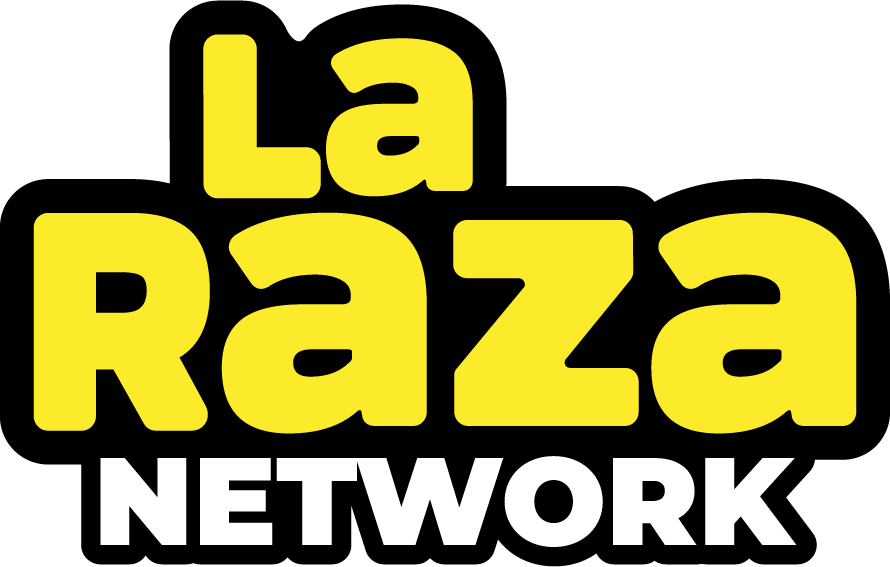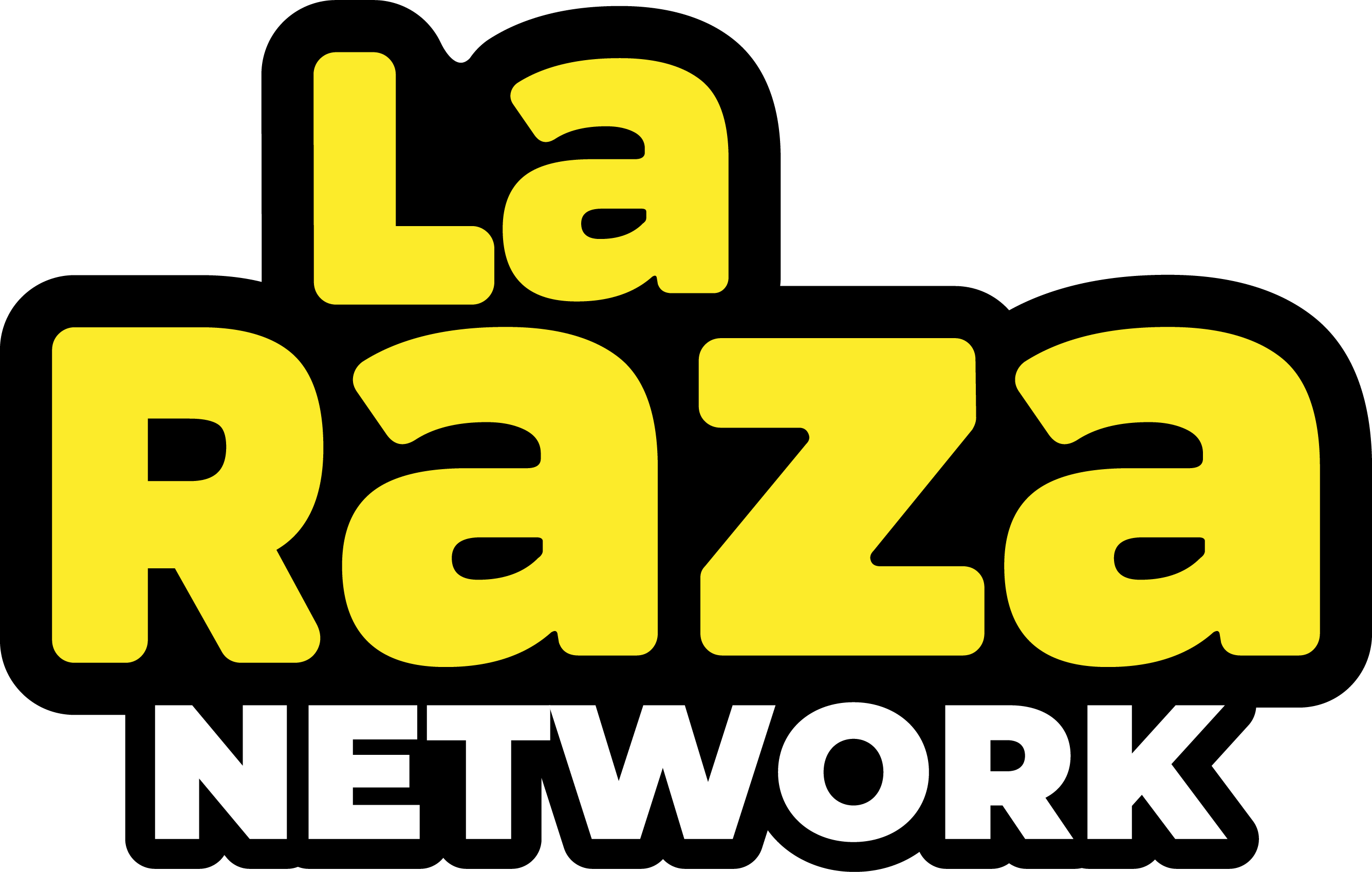
Once the check has been deposited or cashed by your vendor, your bank will debit your account and mark it as a cleared check on your next statement. An outstanding check remains a liability of the payer until such time as the payee presents the check for payment, which then eliminates the liability. As such, there is no incentive to wish for an outstanding check to permanently never be cashed as the payment is subsequently owed to the government for holding. Your business might have written checks to employees, vendors, or other parties. However, some of these checks may still be outstanding for various reasons. To avoid the financial risks that come with outstanding checks, businesses need to follow up on uncashed checks.

These checks represent an ongoing financial obligation for the company until they are cashed or deposited. It’s important to be aware of outstanding checks and to resolve them quickly. By keeping track of every check you write and regularly cross-checking your records with your bank statement, you can avoid unnecessary delays, fees, and other budget pitfalls.
Q: How long does it take for a check to become outstanding?
The payor is the entity who writes the check, while the payee is the person or institution to whom it is written. An outstanding check also refers to a check that has been presented to the bank but is still in the bank’s check-clearing cycle. Skip the paper chase and embrace the digital age with electronic payments – because nothing says ‘I’m modern’ like avoiding outstanding checks. It’s important to note that any failure or delay in addressing issues related to outstanding checks can exacerbate existing legal risks. By ensuring prompt identification and resolution of such issues, organizations can safeguard their compliance with relevant regulations and protect themselves from potential legal ramifications. You’re not alone understanding outstanding checks and how to stay clear of their risks is essential for anyone managing their finances.

Alternative investments are often sold by prospectus that discloses all risks, fees, and expenses. They are not tax efficient and an investor should consult with his/her tax advisor prior to investing. The value of the investment may fall as well as rise and investors may get back less than they invested. The check bounces because it cannot be processed, as there are insufficient or non-sufficient funds (NSF) in the account (the two terms are interchangeable). A cashier’s check is guaranteed by the banking institution and signed by a bank cashier, which means the bank is responsible for the funds. This type of check is often required for large transactions, such as buying a car or house.
Consequences of Not Managing Outstanding Checks
If the old check is deposited, your bank might honor it, and you could consequently end up paying double. GlobalBanks USA is 100% personalized, with dedicated account management, tapping into our team’s expertise, including suggestions on which banks are best for you and direct banker introductions. If a check remains outstanding for an extended period, it outstanding check definition may become stale-dated, and the bank may refuse to honor it. The payee should contact the issuer to request a new check if this occurs. But until that happens, it’s just hanging out in the banking world’s version of limbo. Investing in alternative assets involves higher risks than traditional investments and is suitable only for sophisticated investors.
- They must make sure that enough money remains in their checking account to cover the check until it is paid.
- If the outstanding check is less than six months old, you should not write another check.
- That said, it is possible for the issuing party to request a stop order from their bank, which would void the check that was issued.
- Checks that remain outstanding for long periods of time cannot be cashed as they become void.
- When you receive a check and do not cash it right away, the check is outstanding.
- Drawing of funds in an individual’s or business’s bank account without a proper calculation of the account balance at the end can lead to having outstanding checks.
It’s important to know what an outstanding check is and the potential risks that go along with them. Many checks remain outstanding which can cause risks to both the person holding a check and the entity that issued it. Fortunately, with today’s technology and mobile banking capabilities, it’s easier and faster than ever to deposit checks. When dealing with outstanding checks, you may wonder if there’s a limit on how long someone has to cash a check.
What should I do if I have an outstanding check?
For the past 52 years, Harold Averkamp (CPA, MBA) has worked as an accounting supervisor, manager, consultant, university instructor, and innovator in teaching accounting online. Online payments offer a more direct way of transferring the funds between you and the payee. Businesses that mishandle these kinds of accounting situations are effectively in violation of the law. The GlobalBanks editorial team comprises a group of subject-matter experts from across the banking world, including former bankers, analysts, investors, and entrepreneurs. All have in-depth knowledge and experience in various aspects of international banking.
Reconciliation is an accounting process that compares two sets of records to check that figures are correct, and can be used for personal or business reconciliations. Outstanding checks that remain so for a long period of time are known as stale checks. Be proactive when writing checks and make sure to call or write if the payee doesn’t deposit the check. Overall, understanding the concept of outstanding checks is crucial for accurate financial reporting and cash management. By keeping a close eye on outstanding checks and reconciling them regularly, companies can ensure the integrity of their financial records and effectively track their cash flow. In the world of accounting, an outstanding check refers to a check that has been issued by a company but has not yet been presented to the bank for payment.







